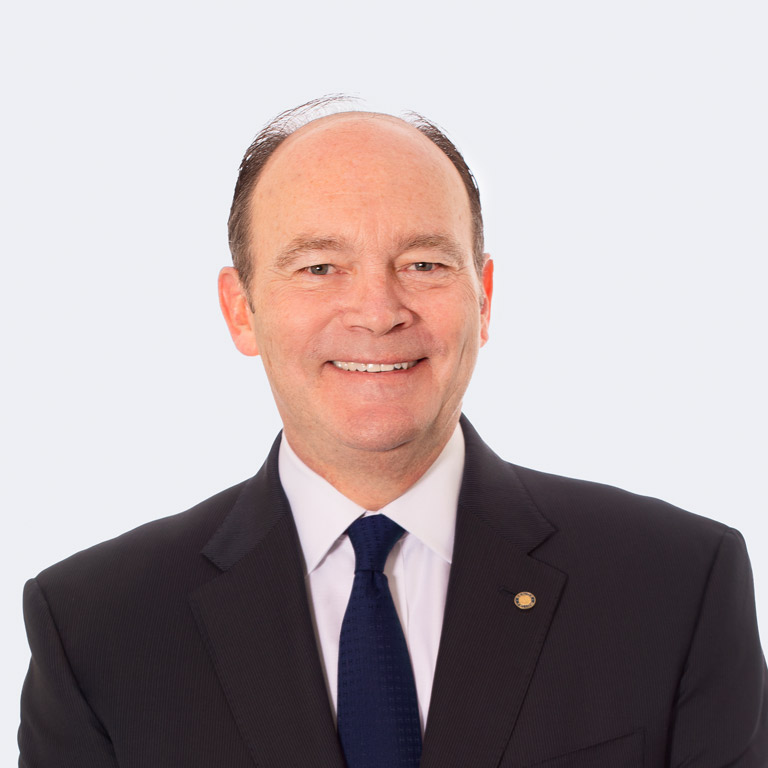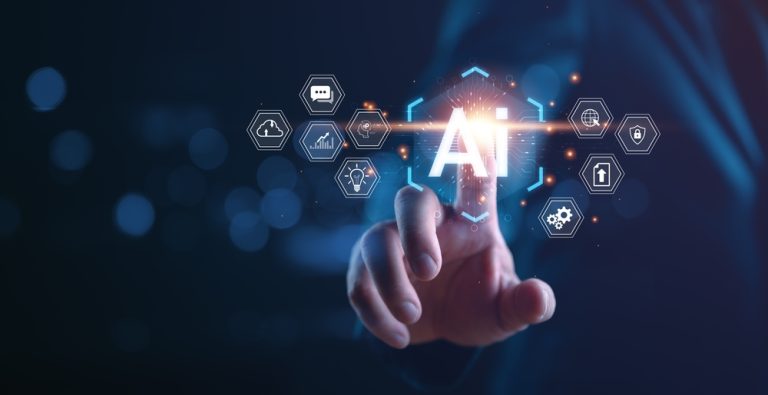The Next Step In Professionalism: Inclusive Excellence
The Next Step In Professionalism: Inclusive Excellence
I’m going to start with an assumption that we agree that Diversity and Inclusion are integral parts of Professionalism. Although we often consider
them together, these concepts have distinct meanings and importance.

According to our new best friend, Google, “diversity” means “the practice or quality of including or involving people from a range of different social and ethnic backgrounds and of different genders, sexual orientations etc.” “Inclusion,” on the other hand, means “the action nor state of including or of being included within a group or structure.” Or, as Verna Myers has explained, “Diversity is being invited to the party; inclusion is being asked to dance.”
To these fused concepts, we have begun adding the term “equity” to recognize an additional perspective “Equity is an approach that ensures everyone has access to the same opportunities Equity recognizes that advantages and barriers exist, and that, as a result, we all don’t all start from the same place. Equity is a process that begins by acknowledging that unequal starting place and makes a commitment to correct and address the imbalance.” https:/ /generalassembly/blog/diversity-inclusion-equity-differencesin-meaning/ (last visited October 19, 2020).
Some argue that this is all “political correctness”, a needless and endless changing of amorphous concepts. You know, like “fairness” and “justice. But I would like to suggest that sensitivity mindfulness, and application of these interrelated principles are vital to achieving a legitimate and practical professional imperative excellence. I further submit that our profession cannot achieve excellence without simultaneously being inclusive. In other words, a profession, or organization or business, which aspires to improve its status quo must seek inclusive excellence.
Inclusive Excellence is not a term I coined; it has been used in academic setting for years. The concept of Inclusive Excellence moves us from a simplistic definition of diversity to a more inclusive, comprehensive, and omnipresent awareness where:
Inclusive Excellence
- Inclusiveness and Excellence are interdependent rather than separate concepts;
- Everyone in the organization (not one person or department) is responsible for the inclusiveness of everyone;
- Diversity is embedded throughout the organization and measured by overall progress and not by quota goals; and
- A broad and flexible definition of diversity is used and updated as needed
This paradigm posits that it may be possible to be inclusive without
being excellent, but it is impossible to be excellent without being inclusive. Why? Because infusion of new ideas and perspectives introduce layers of
analysis that improve the result. Put simply, homogeneity rarely produces the best thought or work product.
Inclusive Excellence begins with a recognition of the intrinsic value of the
individual. People who feel valued tend to contribute more. The cumulative effect of greater contributions produce better products, whether that’s a widget, as many businesses have come to learn, or a trial team.
A commitment to Inclusive Excellence by team members changes the mindset from “we can’t find any ‘qualified minorities to “we can’t succeed without the contribution of a diverse team.”
Inclusive Excellence also internalizes the goal of inclusion, moving it from a committee or department’s “job” to the mutual responsibility of each team member. The more diverse and inclusive a team becomes, the more likely it is to approach and solve problems in unique ways.
Imagine, if you will, a small plane crashes on an island in the middle of nowhere. The team of brain surgeons in the first class cabin is surely handy to have around, but, smart as they are in their field they may not be able to build the rescue boat out of salvaged materials you need to get home. What if there were a few engineers on board? Helpful? If it took a month to construct the boat, wouldn’t it be nice to have hunters who could provide food, and people with knowledge about which local plants are poisonous? What if some of the other passengers understood different languages so that instructions son the underside of salvaged parts from around the world could be understood, or distress calls made in a number of modes? You can see that the success of the whole depends on the contributions of the individual and the cooperation of all members, not an order from the Captain to “get us out of here.”
My silly example also underscores another aspect of Inclusive Excellence: success is not measured solely by numbers but by the overall progress of the organization On my little island, for example, success is measured by how well the passengers work together to get everybody off the island and home safely. Counting the survivors is nice but of limited comfort, if you’re not among them.
Inclusive Excellence rejects stereotypes but also avoids clinging solely to historical or common perceptions of diversity or minorities allowing definition and the environment to expand as we learn more or as needed to recognize team members and their contributions It is open-minded enough to celebrate the day when we no longer have to remind our colleagues that equality cannot be claimed by anyone until lit is offered to everyone.
Let’s be honest: the legal profession lags woefully behind businesses, educational land medical institution n and even organized little league sports in terms of embracing inclusion. We need to do better We have to do better I think Inclusive Excellence is a way to get there.
This article was published by The Henry Latimer Center for Professionalism at The Florida Bar and is shared here with permission.








